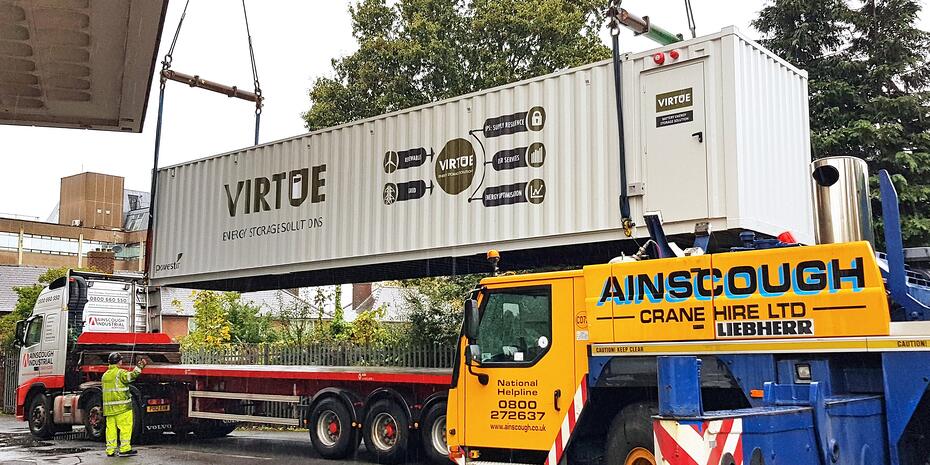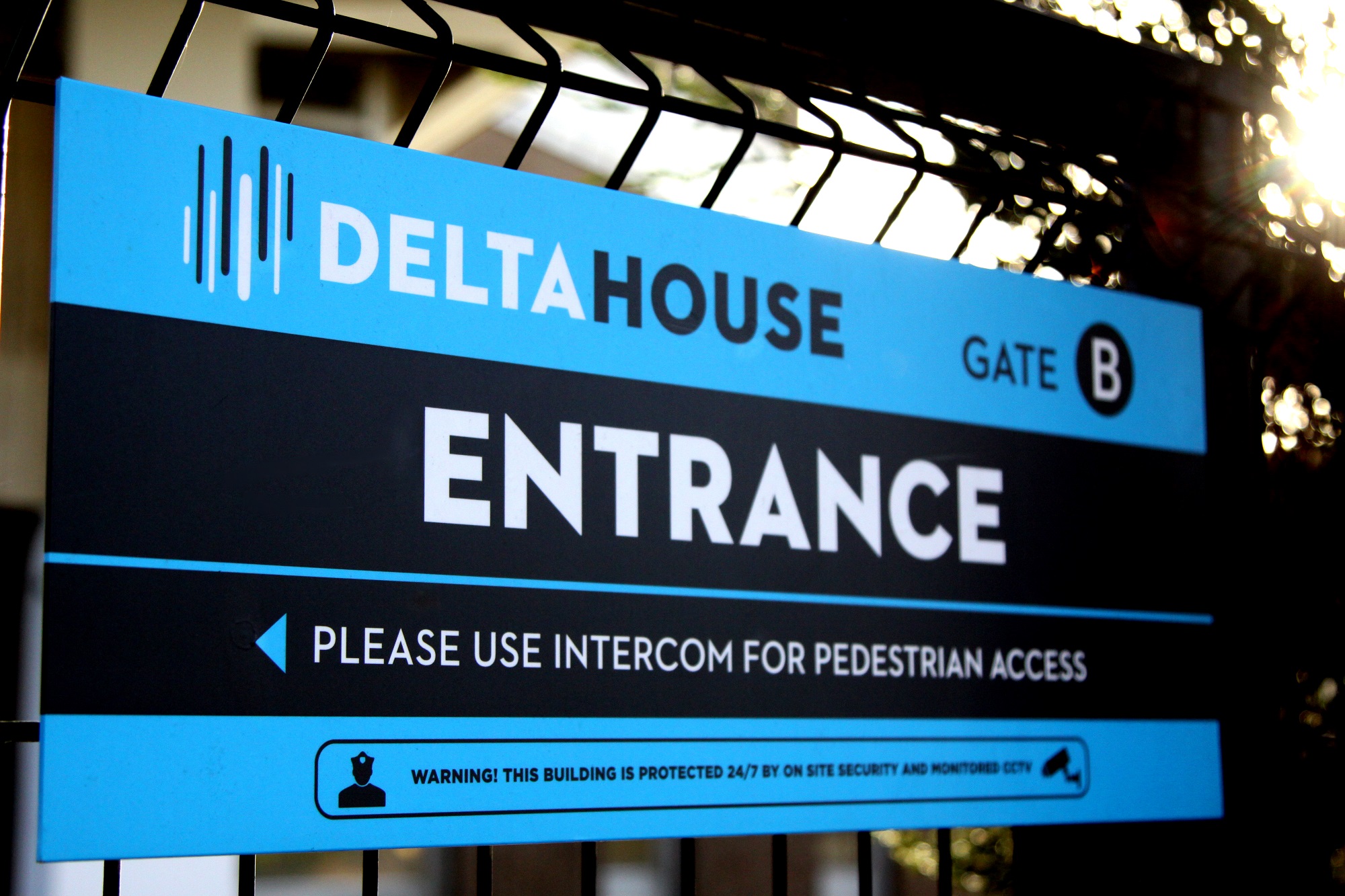
You’ve probably heard about firewalls before (a form of hardware/software designed to prevent unauthorised access to or from a private network), and an essential part of your businesses security system. But do you actually know what it does and why you need one?
Your websites could be under constant bombardment from different types of attacks and leaving a server connected online without even a basic firewall is incredibly risky. This is why we’ve put together a short guide on how you can keep your network and online applications safe and secure.
What exactly is a firewall?
Essentially, a firewall is a network security device that monitors incoming and outgoing network traffic and decides whether to allow or block specific traffic based on a defined set of security rules/policies.
They act as a barrier between secured internal networks and untrusted outside networks, such as the internet. Firewalls are available in different formats such as hardware, software or both. You can find out more on firewall protection here.
So what does a Firewall do?
A basic firewall should be able to deter a low-level intruder (think of them as opportunistic burglars) in the online world and should be able to do the following:
- Give selective access to specific users and block any unwanted ones, both identified by their IP addresses.
- Reduce risk for your business and minimise the chance of attacks on your server(s).
- Act as an essential line of defense that prevents suspicious activity or can block items that are considered dangerous based on a set of security rules.
- Be set up easily. A hosting provider such as ourselves can do this by offering a firewall solution tailored to your needs.
- Some firewalls also come with extra features to enhance your cybersecurity.
What can a firewall help protect against?
- Unauthorised connections – if an attacker is able to make connections to any one of your applications, they could potentially compromise your server if there exists a security vulnerability in the application. Implementing a firewall can prevent unauthorised access and protect your data from being compromised.
- Viruses – Implementing a firewall can prove to be helpful to prevent viruses and hackers from accessing a particular system. This can also include the likes of malware and malicious software.
In Summary
Implementing a firewall is one of the quickest and most effective ways to protect your server from attacks and can highlight weaknesses in your site(s) that you might not have even been aware of. Whether you require a basic firewall or would like any further information on firewall protection or server security please don’t hesitate to get in touch. We’d be more than happy to help – 0161 464 6101 or you can email us at hello@datacentreplus.co.uk.









